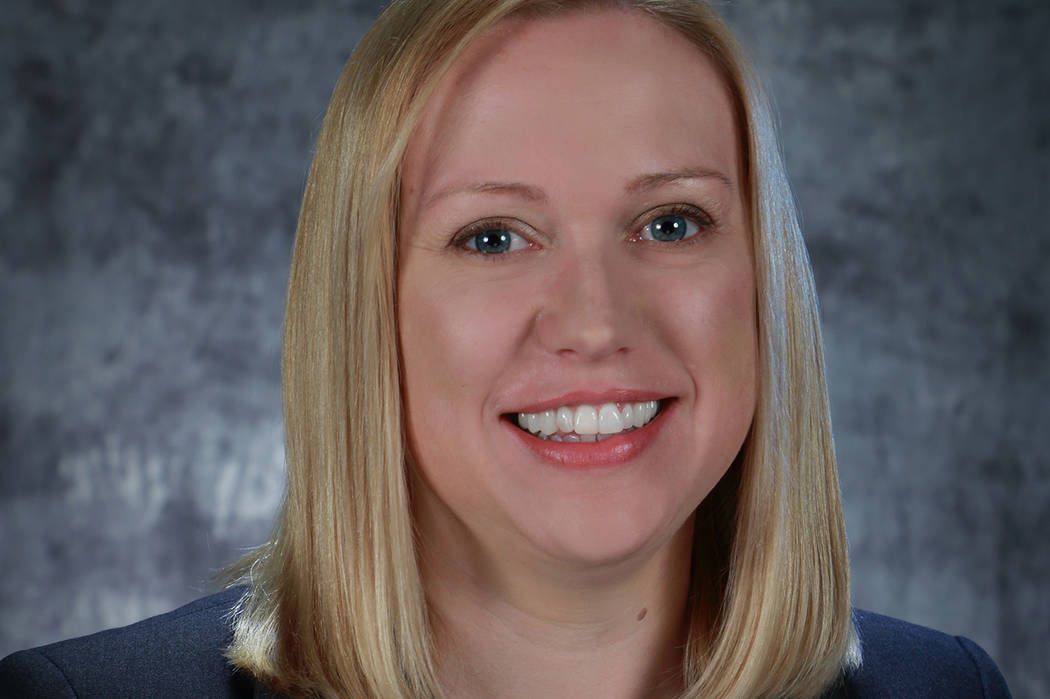Public Guardian’s Office offers help managing affairs

It might sound like Clark County’s newly appointed public guardian, Karen Kelly, should be fighting crime in a cape and tights.
It’s not quite like that for Kelly, who started as a caseworker in the Public Guardian’s Office and moved up to supervisor before becoming the acting public guardian six months ago. She became the permanent public guardian Feb. 6.
“A public guardian oversees the affairs of people who have been deemed unable to take care of their own medical or financial needs,” county spokeswoman Stacey Welling said. “A lot of the public guardian’s clients are suffering from dementia.”
Eight caseworkers handle about 380 wards, or clients, with several referrals pending. Kelly’s office also has a voluntary representative-payee program for people 60 or older that only handles clients’ finances. One caseworker is handling about 100 people in that program.
To come under stewardship of the public guardian’s office, a person must be deemed unable to handle his or her affairs by a physician.
“We provide that documentation to the court when we petition to become the guardian,” Kelly said. “Of course, we do have people who feel they don’t require our services, and in those cases, the ward has the opportunity to go to court to let a judge know they’re not in agreement. Often, they’ll be provided with an attorney and seek a second medical opinion.”
Those cases are rare, and most of the wards’ situations are cut-and-dried. The public guardian makes sure all of the ward’s affairs are handled, including financial and medical needs, and ensures the clients are fed and housed appropriately. Most are in assisted-living facilities, nursing homes or group homes.
“The case managers have to go out and see their clients in person at least once a month,” Kelly said. “They have to make sure they’re being cared for appropriately in whatever facility they’re residing in.”
More than 70 percent of the clients are on Medicaid or some other kind of assistance. Wards’ assets are held in a warehouse, and in some cases those assets are sold to help finance the care of the ward. For example, a ward who is no longer legally allowed to drive might have his or her car sold at auction to help fund care. Most of the clients are not financially well-off.
“If a ward has over $10,000 in assets, every year we have to report in court what we’ve done with the money,” Kelly said. “Less than that and you need to report it to the court when the ward is done with the guardianship.”
Most wards end their guardianship by dying.
“Often the people we serve have no family members willing or able to help them,” Kelly said.
Contact F. Andrew Taylor at ataylor@viewnews.com or 702-380-4532. Follow @FAndrewTPress on Twitter.